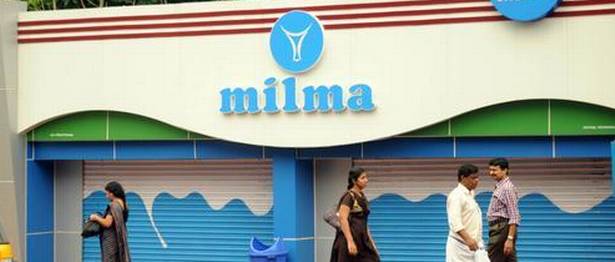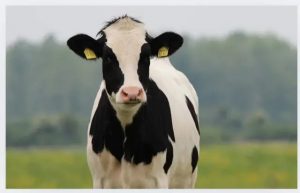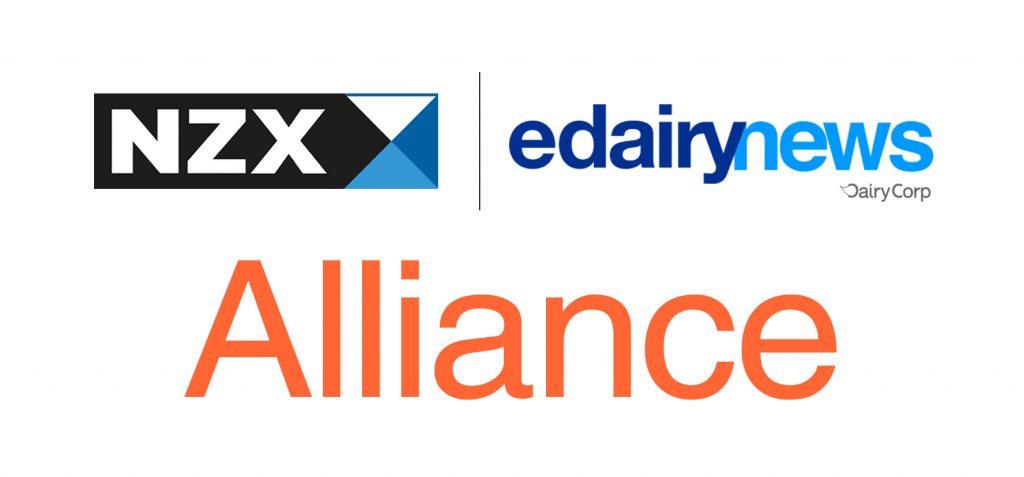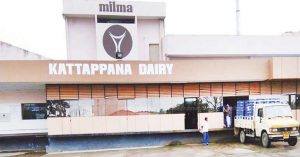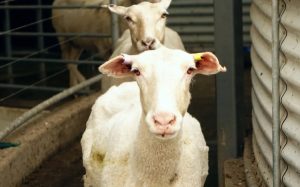The State’s apex dairy cooperative Kerala Cooperative Milk Marketing Federation (Milma) is in considerable trouble trying to sell all the milk it procures in the midst of tightening restrictions to contain the COVID-19 pandemic. The glut-like situation is such that the cooperative procures more than three lakh litres of milk in excess of its average sale of around 12.5 lakh litres per day.
Milk sales had plummeted because of the pandemic situation, but procurement had gone up significantly in the Malabar and Ernakulam regions, said chairman of the federation P.A. Balan on Sunday. He said the State government directive on Saturday, putting curbs on milk procurement and sale operations as some of the districts went into triple lockdown, would make things more difficult for the dairy sector, which was already reeling under the threat of financial losses and the spread of COVID-19 among dairy sector stakeholders.
The total milk procurement by the federation’s three regions is around 16 lakh litres per day. The Malabar region accounts for most of it (around eight lakh litres), the Ernakulam region accounts for around four lakh litres per day, and the Thiruvananthapuram region accounts for about four lakh litres. The Malabar region sales stand at around five lakh litres per day, the Ernakulam region accounts for 2.5 lakh litres and Thiruvananthapuram accounts for around five lakh litres.
A part of the excess milk was being sent for conversion to factories in Tamil Nadu and Karnataka but, with lockdown effective in those States, the plants were running at their capacity with no space for processing the entire milk available in Kerala, added Mr. Balan. He said milk conversion cost about ₹10 per litre and unless there was some support from the State government it would be difficult for the cooperative to stand on its own.
The State cooperative has finalised plans for setting up a milk conversion plant in Malappuram district at a cost of ₹50 crore. The foundation for the project has been laid and it will have the capacity for about 10 tonnes per day. However, the plant would take about a year to be commissioned, he added.
Meanwhile, the dairy sector has appealed to the government to provide priority vaccination to the workers in 3,500 primary cooperatives, who deal daily with dairy farmers as well as milk buyers coming to the procurement centres. Each of the societies deal with around 70 farmers who supply milk and an equal number of milk buyers daily. The dairy workers were, therefore, constantly exposed to the possibility of contracting COVID-19, said Mr. Balan. It is estimated that around 10,000 workers in the dairy sector need to be given vaccination on a priority basis.

